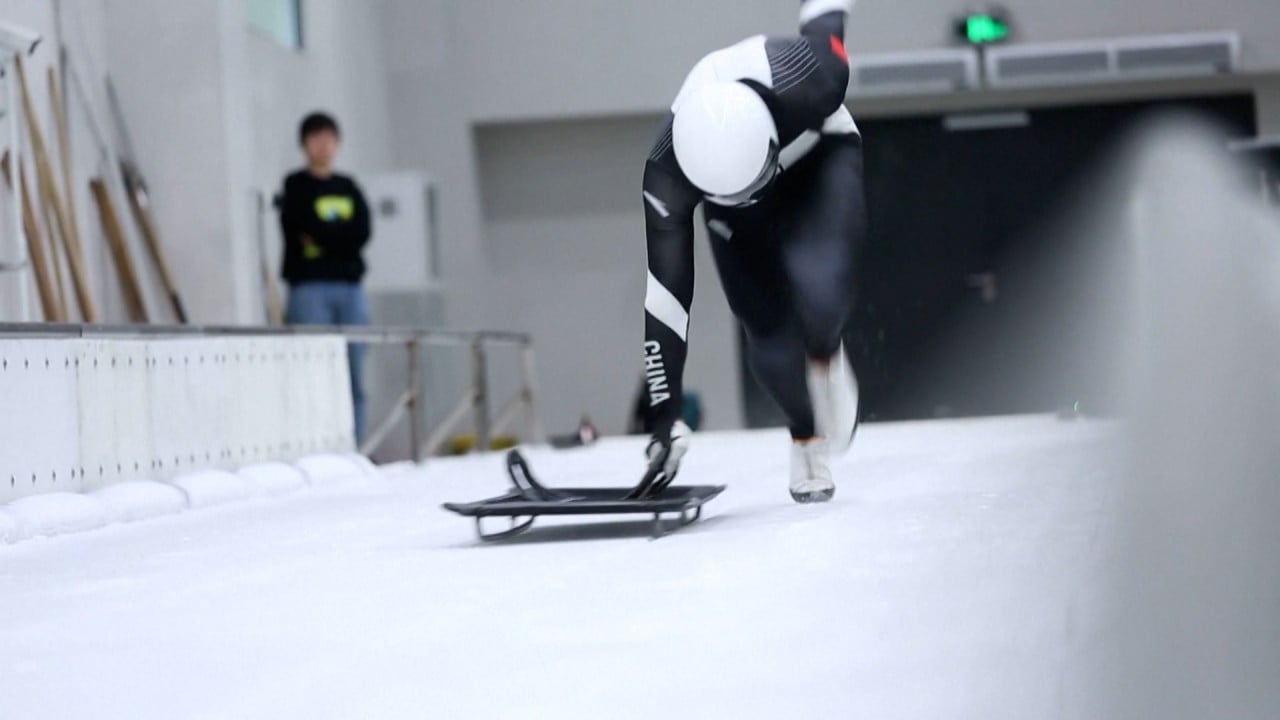
Hong Kong’s athletes need more academic flexibility if city is to repeat Tokyo Olympics success, expert says
- Biggest hurdle for potential stars of tomorrow is pressure in classroom, says former Hong Kong Sports Institute chief
- Professor Chung Pak-kwong wants help for athletes to complete education as government source reveals discussions over degrees ongoing
More flexibility should be introduced to secondary schools and universities to avoid athletes dropping out or taking longer to complete their degrees, the former chief of the Hong Kong Sports Institute and a government source have said.
Professor Chung Pak-kwong highlighted the importance of cultivating athletes with potential when they were in primary and secondary school, saying the biggest hurdle was academic pressure.
Chung, who now works in Baptist University’s sports department, said some sportsmen and women dropped out of secondary school to become full-time athletes, raising questions as to why development in the two areas could not be simultaneous.

01:58
As Summer Olympics draw to a close, Beijing prepares for Winter Games
“The city should consider whether a greater degree of flexibility can be offered to students with sports potential,” he told a radio programme on Wednesday. “For example, can we allow them to finish the six-year secondary school curriculum in eight years?
“For individual athletes, can teachers give them extra time to make up for their missed lessons or offer special exam arrangements for them? If this flexibility can be offered, it can help train young people.”
Hong Kong’s greatest Games ever brings joy unmatched to city and its athletes
Among the five new measures outlined was the expedited construction of a new 97,000 sq ft building at the sports institute in Sha Tin, which Lam has targeted for a June 2024 opening – two years earlier than originally planned.
The government would also team up with the Hong Kong Jockey Club’s charities trust to co-found a HK$300 million “Booster Fund” aimed at raising the competitiveness and abilities of local athletes.
This will invest in sports science and medicine, and provide additional facilities at the institute.
On top of these, a government source said the administration also hoped to discuss the feasibility of offering extra sessions of classes and exams for athletes so they could complete their degrees on time without prolonging their studies.

02:34
Fencer Edgar Cheung’s Olympic gold victory triggers joy and inspiration in Hong Kong
“We know the universities have been providing them flexibility, but they can do more to support the athletes,” the source said.
Some overseas universities also allowed earlier registration of courses so athletes could manage their time better, according to another source.
Chung said his university offered arrangements such as flexible study time and online lessons, measures that were similar to the special tutorial classes offered by some American universities for their athlete students. But Chung noted that other local institutions might not have the same degree of flexibility.
“Without a centralised policy, some specific courses may not be able to be that accommodating,” he said.
Chung’s colleague, Associate Professor Lobo Louie Hung-tak, suggested universities which admitted athletes could be allocated extra government funding to facilitate better use of resources to help students.
Hong Kong Olympic gold sparks call for more money to develop young talent
Former Hong Kong squash representative Joey Chan Ho-ling suggested that professors and staff from the sports institute discuss academic timetables with athlete students before their course registration for more efficient management of class schedules.
Chan started her study in physical education and recreation management at Baptist University in 2016 and spent five years finishing her degree – one year more than her non-athlete classmates.
The school had offered her flexible project deadlines and allowed her to write an extra academic paper to balance her grades when she could not attend presentations in class.
The 33-year-old said it did not matter she was not able to graduate along with her peers as “how to help athletes … finish their degrees would be more important”.
Tokyo Olympics: Hong Kong politics mostly cast aside, but can medals unite divided city?
Welcoming Lam’s move, the institute’s chairman, Lam Tai-fai, said scientific research and development would help athletes maximise their potential, adding extra resources were necessary to boost performance in a short time.
He noted the institute had a facility that could adjust to different temperatures, humidity and air pressure to help athletes prepare better for competitions.
“But the box is so small,” he said. “It can only allow one person to be trained there. It’s also getting old. We can improve this area, collaborate with more universities on scientific research, or make it bigger to allow more athletes to be trained at the same time.”
He added other plans under consideration were an expansion of fencing and physical fitness training facilities.
The extra resources would also be a boon for athletes such as badminton mixed doubles player Tse Ying-suet, who said she hoped more coaches and massage therapists could be hired.

